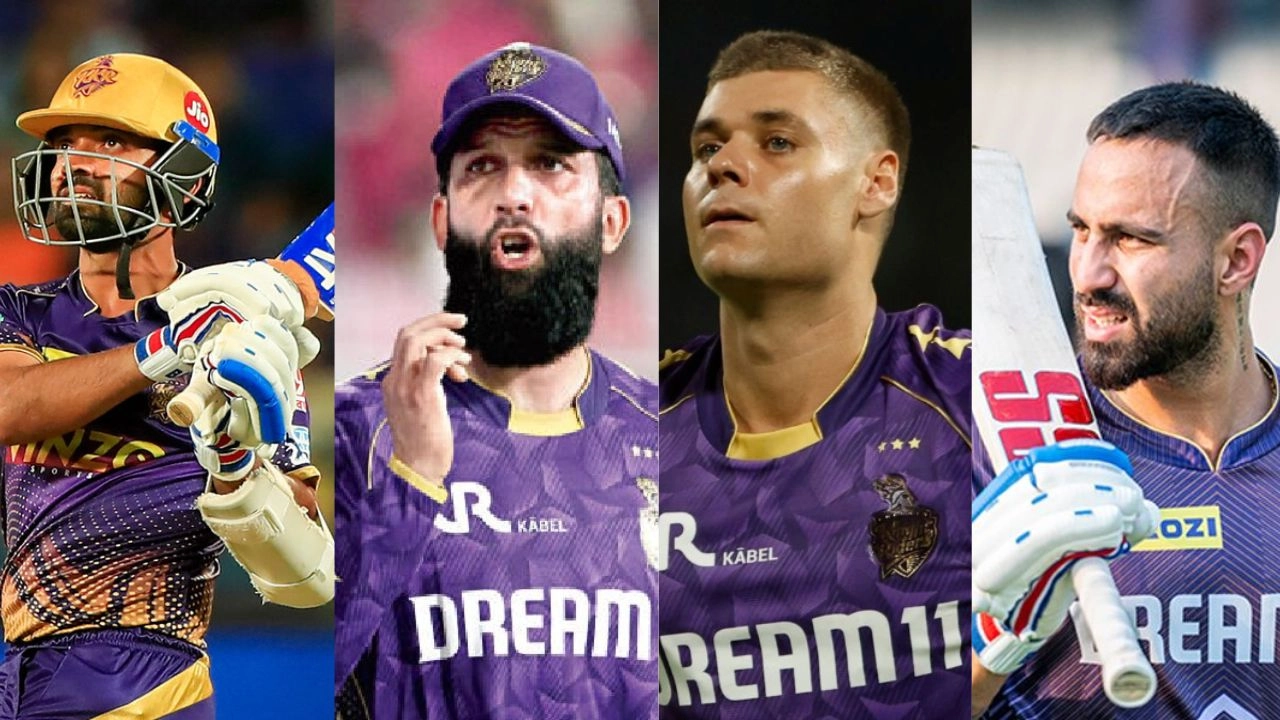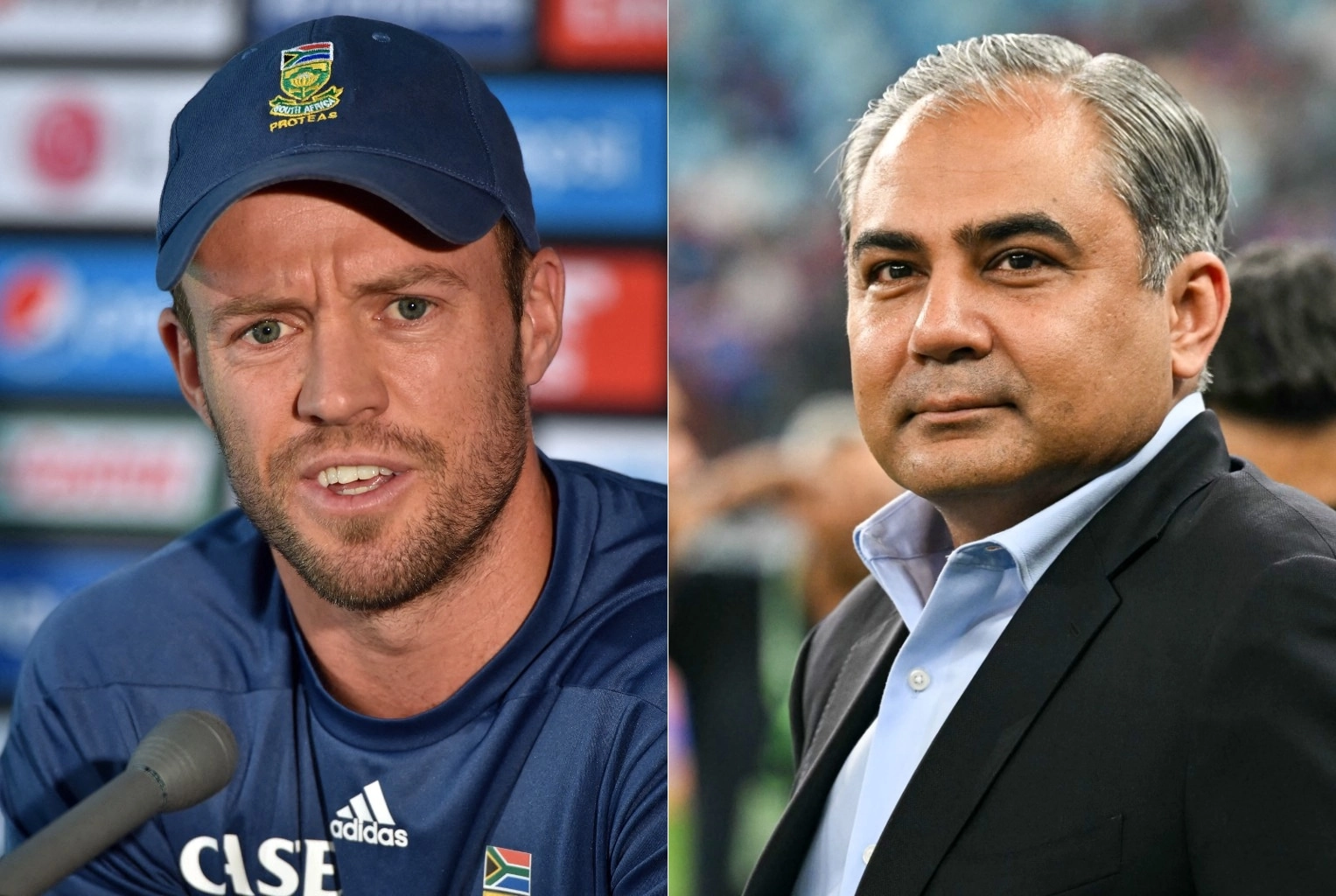Arshad Nadeem, the celebrated javelin thrower from Pakistan, has recently made headlines by declining an invitation extended to him by India’s Neeraj Chopra for a classic javelin event in India. This decision has sparked various reactions among sports enthusiasts and commentators alike. Nadeem’s refusal to participate in the event was primarily influenced by concerns regarding the political climate and tensions between the two neighboring countries. Despite the sporting fraternity’s desire to see athletes from both nations compete amicably, Nadeem felt that the prevailing circumstances did not create a conducive environment for such friendly competitions.
The relationship between India and Pakistan has historically been complicated, often influencing interactions across various sectors, including sports. While athletes like Neeraj Chopra have aimed to foster goodwill through sports, Nadeem’s choice underscores the challenges faced by athletes who are caught in the crossfire of political tensions. By declining the invitation, Nadeem not only prioritized his personal and national sentiments but also highlighted the broader implications of national identity and pride in the realm of sports. For many, sports represent a universal language that can bridge divides, yet in this case, it also reflects the realities of geopolitical dynamics.
Nadeem’s decision is also reflective of the pressures faced by athletes from both countries. While there is a growing desire for collaboration and competition in sports, the underlying tensions make it difficult to navigate these opportunities. Athletes often find themselves in positions where they must weigh the benefits of international exposure against the backdrop of their national affiliations. In this case, Nadeem’s choice can be seen as a stand for unity among his compatriots, choosing to uphold national pride over personal athletic aspirations. It serves as a reminder that, while sports can unite, they can also be influenced by the complexities of international relations.
As the sporting world continues to evolve, the interactions between athletes from India and Pakistan will remain a topic of interest. Both nations have produced remarkable talents in athletics, and the potential for collaborative events holds promise for the future. However, instances like Nadeem’s refusal highlight the need for a more stable and peaceful environment where athletes can compete without the burden of political tensions. It is a call for introspection within the sporting community, prompting discussions on how to create platforms that encourage unity and collaboration, regardless of national boundaries.




